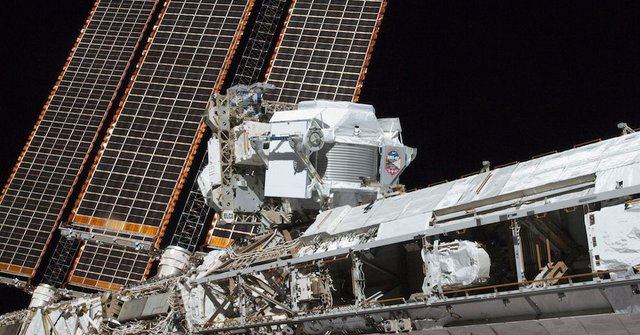The Trump administration aims to privatize the International Space Station: report
In January, The Verge reported that the Trump administration was preparing to end US support for the International Space Station by 2025, prompting outcry from Congressional officials. The Washington Post says that it has viewed an internal NASA document that outlines the agency’s intentions to privatize the station after funding ends in 2024.
According to the Post, the document says that the decision to defund the station doesn’t mean that it will be de-orbited in 2025, but says handing over control to a private company to continue operations is an option. The document goes on to say that the space agency will focus on expanding its commercial partnerships in the coming years to prepare for an eventual handover, and says that the White House “will request market analysis and business plans from the commercial sector and solicit plans from commercial industry.”
NASA will release its budget request on Monday, February 12th, which reportedly contains the funding cut-off proposal. Congressional officials have slammed the reports, saying that the move would harm US public and private interests in space. However, this plan essentially follows what many expect for the future of the station: that commercial interests will eventually take over responsibility for the outpost as NASA refocuses on missions to the Moon and to Mars.
The US has been grappling with what to do with the station in recent years. In 2014, the Obama Administration and Congress extended support for the station through 2024, but its fate after that has remained unclear. Privatizing the station was one of the options brought up in a House Subcommittee on Space hearing last year, with advocates saying that a transition to commercial hands would allow for continued operations. However, industry officials say that it would be better to continue to fund the station through 2028. While private companies such as Orbital ATK and SpaceX already regularly fly to the station on resupply missions, the commercial spaceflight industry might not be fully prepared to take control of the station.